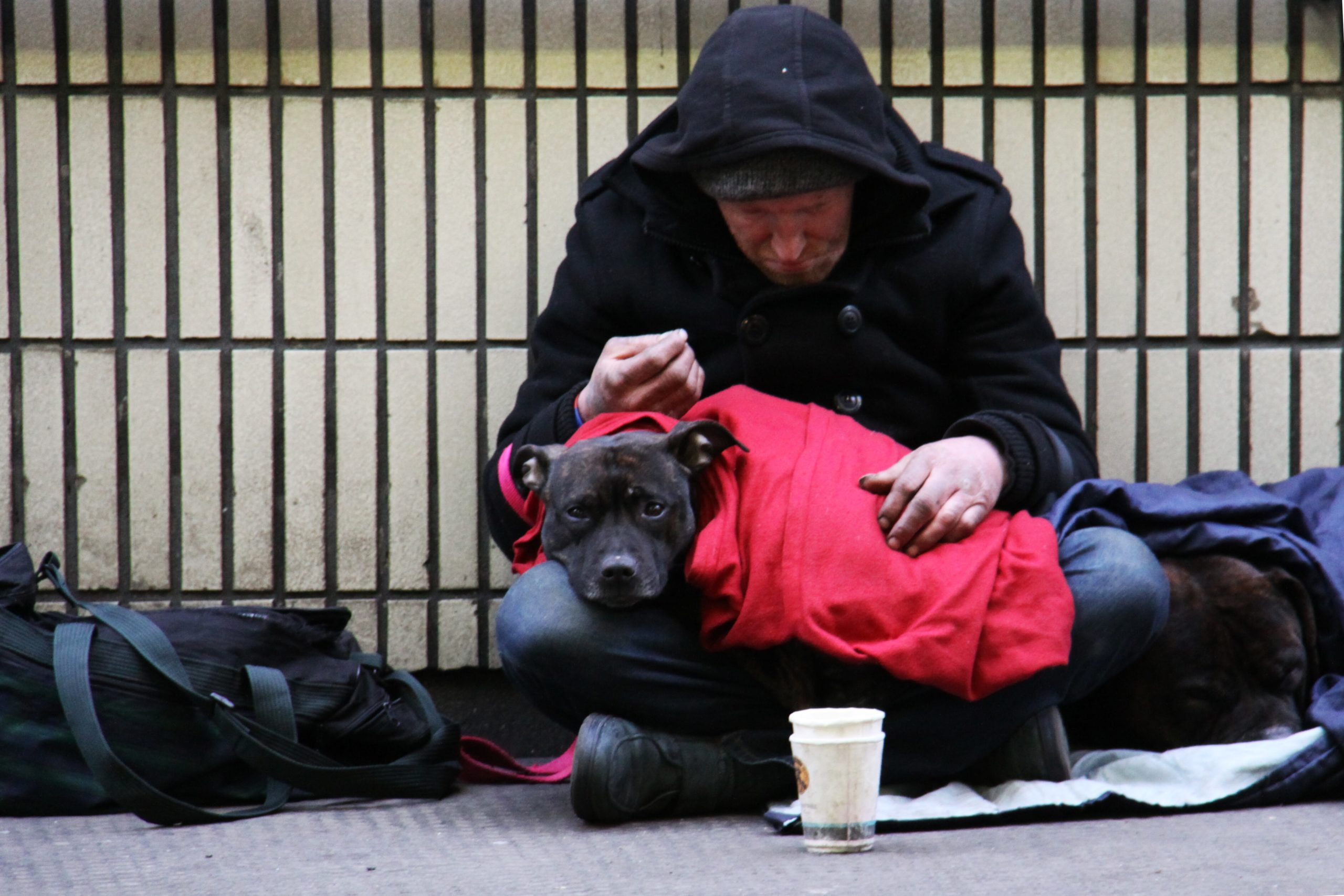Anger towards individuals or groups of people can be dangerous and devastating, but anger towards a structure or social injustice can be the spark for lasting positive change.
The Dalai Lama talks about this at length in different interviews, how we should be angered by social injustice.
Anger can be a tool to motivate action.
Climate change, systemic poverty, inherent racism, attacks on personal and communal freedom, these are all examples of social injustices that should make us angry.
The question is how we funnel that anger.
The easiest response is to be angry at an individual – blame a person or an organization for the injustice.
The truth, however, is far more complex than any individual person or group being to blame for any social injustice.
People and organizations can perpetuate, personify, or exacerbate social injustices, but the root cause of these injustices is systemic, not personal.
By getting angry at people or organizations, we create a scapegoat and actually perpetuate the problem because we ignore the underlying issue.
Our anger should be directed not at an individual but at the underlying social system that allows this injustice to take place.
No single individual or even group of people is solely to blame for racism; it is systemic in Western culture and underlying our very social order.
The petroleum companies are not solely to blame for climate change; our social norm of excessive consumption and demand for cheap goods drives the machine that creates a demand for environment-destroying industries.
Feeling angry?
Good.
You should be angry.
The question is will you use that anger to demand change to our social order, or will you direct it at an individual and further polarize our society without creating lasting change?
Anger is a tool, so use it wisely and don’t let it control you.
In my next post I will talk more about separating the individual from the unfortunate social structure they represent.

